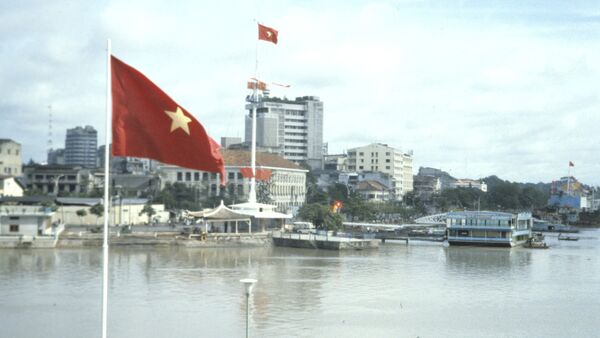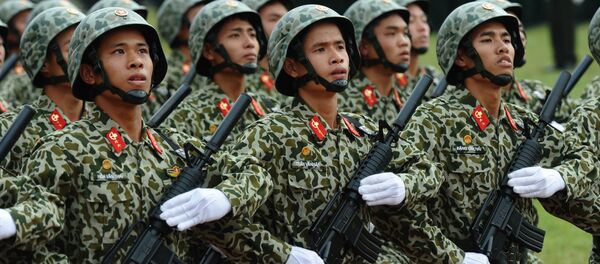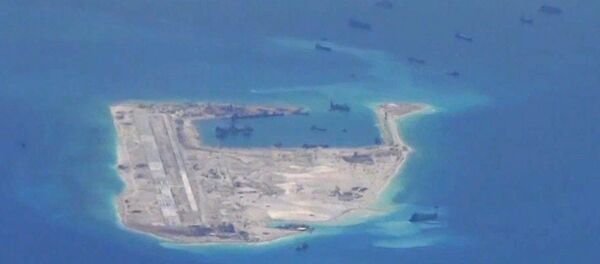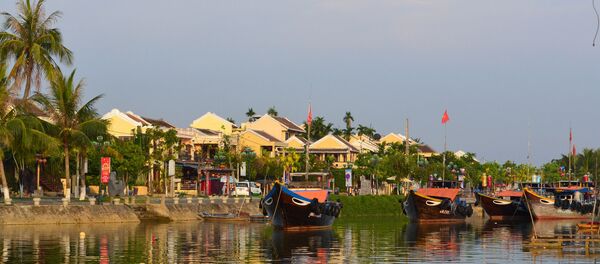“Despite all that, the US remains a hegemon, an imperial power, a dominant power, wielding influence that we see on display with regard to Vietnam today.”
According to Draitser, Vietnam today is an “independent country that is walking a line between” Washington and Beijing.
As regards the ongoing South China Sea dispute, Washington is attempting to create a network of non-Chinese states with interests in the region to act as a counterweight to Beijing’s territorial claims.
“The US power in the region rests on its ability to prevent China from having positive relations with its neighbours in the region. As usual, human rights and democracy created a pretext for the preconceived US strategy for the region. It’s about preventing these countries from making their own decisions.”
Washington seeks to prevent in Southeast Asia what occurred in Latin America some fifteen years ago, as the region began to break away from Western political influence.
Draitser suggested that the US today is attempting to influence multilateral blocs, including ASEAN, which historically the US has dominated, to assert Washington-centric policies in the region. But during a recent ASEAN meeting in California, US anti-China rhetoric aimed at delegates did not bear fruit.







